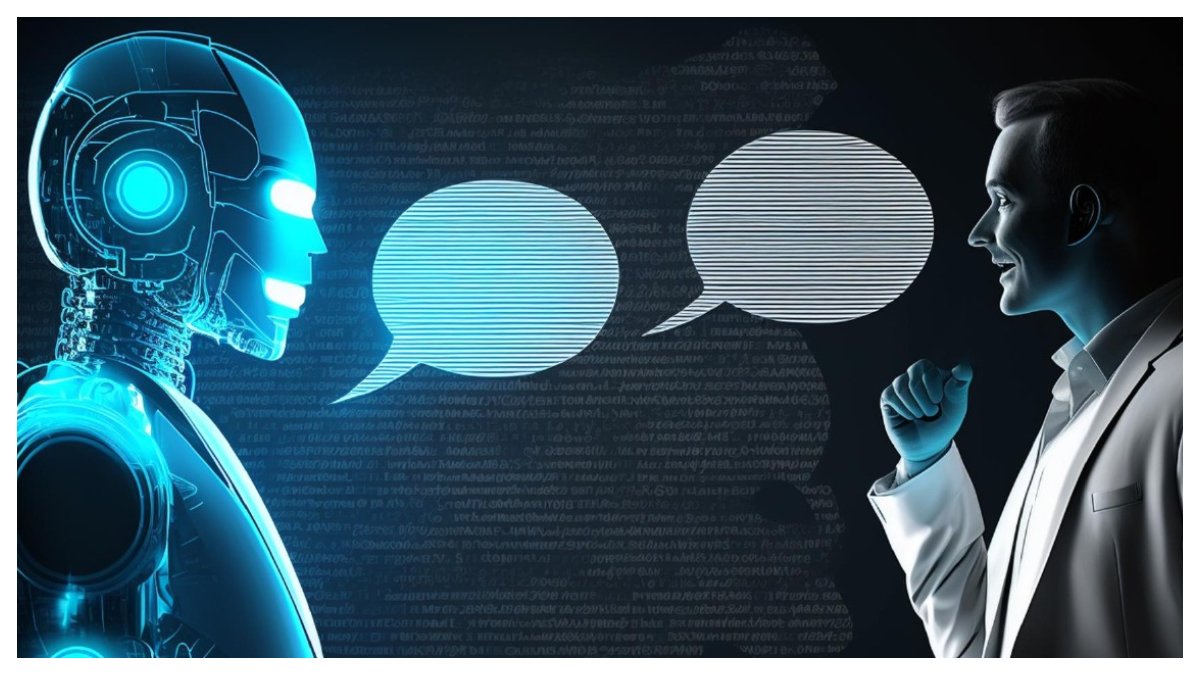Open AI Unlocking The New Era Of AI Technology, Voice Cloning Tools Voice cloning software utilizes sophisticated algorithms to analyze and manipulate audio recordings, enabling the transformation of voices into desired or alternative styles. By comparing audio waveforms, the AI identifies patterns in sound and silence to replicate them accurately.
Subsequently, a substantial dataset of authentic voice samples is compiled and meticulously processed. This data is segmented into individual sound waves, allowing the AI to comprehend and interpret them. Each sound wave is then annotated with its corresponding phonemes, which are the fundamental units of speech sounds in language.
In technical parlance, voice cloning is commonly referred to as an audio deepfake. This category of AI technology is employed to produce speech utterances that mimic the vocal characteristics of particular individuals, creating the illusion that those individuals have spoken the generated content. Originally, this technology was conceived for diverse applications aimed at enhancing human endeavors. However, akin to many scientific innovations, the proliferation of voice cloning has led to its misuse and the emergence of associated challenges.
In the contemporary landscape of AI technology, voice cloning endeavors have garnered significant importance. They exemplify the rapid dissemination of fabricated content across social media platforms, facilitated by new tools at minimal expense and high velocity. Hany Farid, a digital forensics researcher at the University of California, Berkeley, expresses particular concern regarding the democratization or widespread availability of advanced audio and video manipulation techniques.
While numerous startup ventures provide voice-cloning solutions, OpenAI sets itself apart by placing a paramount emphasis on ethical considerations. However, many experts and scholars assert that such tools could exacerbate detrimental outcomes when wielded by ill-intentioned users, diverging from their intended purpose of facilitating multilingual audio dubbing for films, audiobooks, and gaming to maintain the authenticity of the speaker’s voice and emotions. Despite the initial intent, misuse of these tools for nefarious purposes has been observed.
OpenAI stands out among other voice cloning AI tools by promoting its functionality beyond mere voice replication, emphasizing its potential as a reading aide, content translator, and support for non-verbal individuals. Recent statements from OpenAI underscore their cautious and informed strategy regarding a wider rollout, citing concerns over the misuse of synthetic voices, particularly in sensitive contexts such as during elections.
The organization acknowledges the significant risks associated with generating speech that closely resembles individuals’ voices, especially given the heightened awareness during election cycles. As of now, OpenAI’s tool remains unavailable for public use, reflecting their commitment to addressing these risks with a responsible and professional approach.















